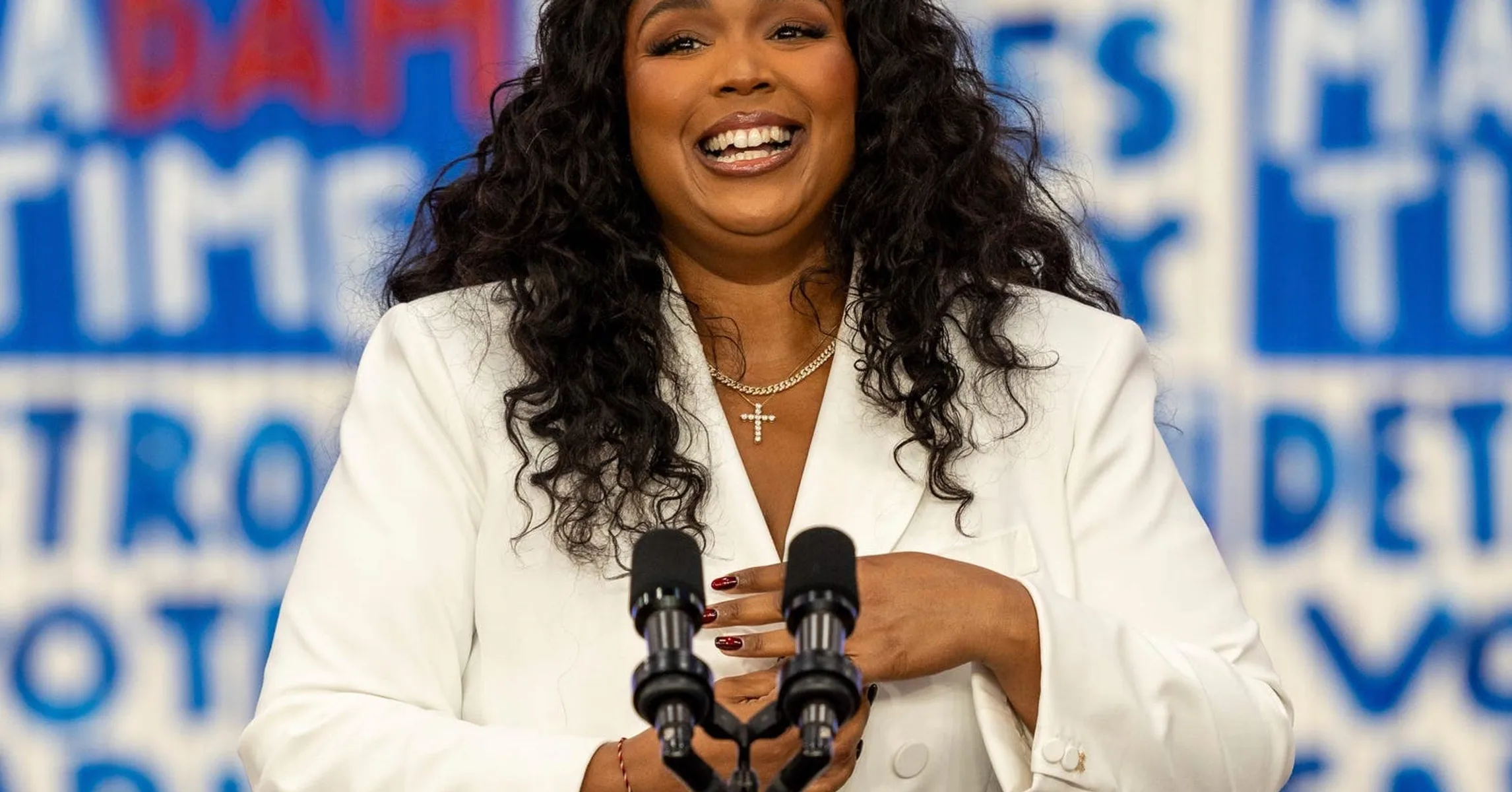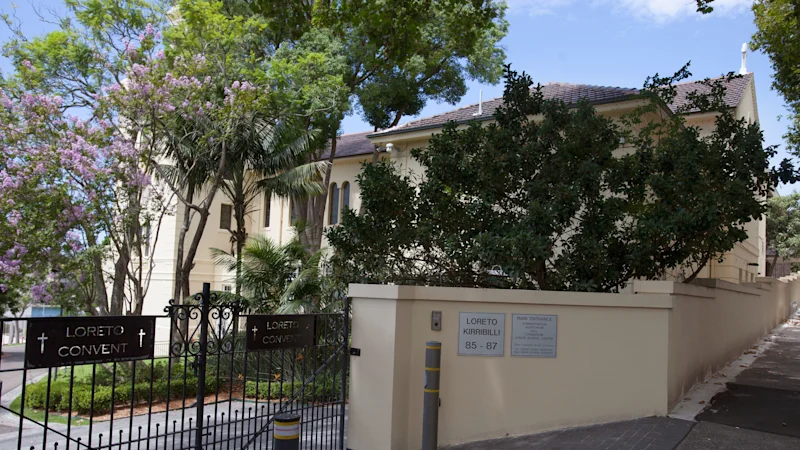
Every year, millions of high school students throw themselves into the circus of college admissions. They chase grades, pad their resume with extracurriculars, and try to sculpt themselves into the mythical “well-rounded” applicant that elite colleges claim to prize. But here’s the uncomfortable truth: the system is broken. Colleges have misidentified what makes a student great, and in doing so, they’ve created a culture that rewards overachievement for its own sake rather than curiosity, resilience or passion.
Take extracurriculars, as an example. On the surface they seem like a reasonable way to measure student involvement outside the classroom. In practice, they’ve become a warped performance metric. Students often join a half-dozen clubs not because they care about them, but because admissions officers expect them to demonstrate “leadership” in everything they do. Volunteering at a food bank? Only if it comes with a title. Sports, arts, student government — everything becomes transactional, another bullet point on the Common App. The result is a generation of teenagers less concerned with exploring interests and more consumed with building resumes. Instead of nurturing authentic passions, extracurriculars have become hollow credentials.
Then there’s the idea of “well-roundedness.” On its face, it sounds admirable. Who wouldn’t want a student body filled with Renaissance men and women, capable of excelling across the board? But the relentless push for well-roundedness doesn’t just stretch students thin, it denies them the chance to go deep. A student who spends all their time splitting energy between ten different activities rarely has the space to master one. Passion, discipline and excellence often thrive in focus, not dispersion. By mistaking breadth for greatness, colleges undervalue the student who devotes themselves to a single pursuit and achieves something remarkable. Ironically, the pursuit of being well-rounded often produces students who are anxious, burned out and unsure of what they truly love.
This culture leads to immense stress and pressure for students. It significantly increases the potential for mental health issues and raises dropout rates. According to the Education Advisory Board, a new study has shown that “(28%) of high school students who are currently applying or considering applying to college cite mental health concerns as a reason they may choose to delay enrollment or opt out of college entirely.” Contributing factors drive these anxieties: high-stake competitions, isolation from peers stemming from demanding projects and internships, as well as social comparisons that foster low self-worth and fear of failure. Furthermore, financial instability plays a role as students stress over affording essential opportunities and expected activities, such as test preparation and extracurricular programs.
Colleges must clearly communicate how they evaluate grades, essays and other application materials. They should be transparent on what they are looking for rather than relying on the vague holistic criteria of what they expect for admissions. Higher education should end the custom of inflating exclusivity to augment prestige by encouraging excess application numbers. Additionally, colleges should offer the choice to apply a year early to ease deadline pressure, allowing students to prepare for the possibility of applying elsewhere.
The admissions system doesn’t just need tweaking; it needs reimagining. If colleges continue to misidentify greatness, they’ll keep producing students who look dazzling on paper but are hollowed out in reality. True education requires more than checkboxes. It requires the freedom to explore, the courage to fail, and the chance to pursue passions without turning them into trophies. Until colleges start valuing those qualities, students will keep paying the price with their time, their well-being, and too often, their sense of self.
Alden King and Sophie Johnston are early honors students at Alaska Pacific University.



